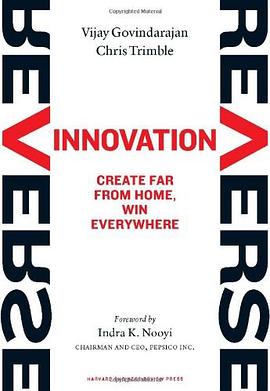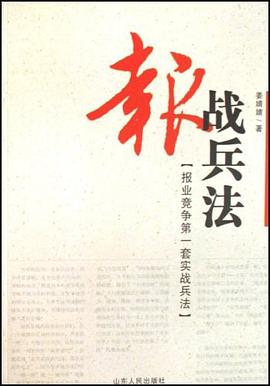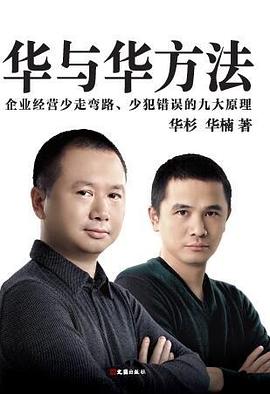
In this title, the pioneers of reverse innovation show how it is done. Do you have reverse innovation in your strategic plan? If you haven't asked yourself or your team this question, you will be soon. "Reverse Innovation" introduces the idea of developing in emerging markets first - instead of scaling down rich world products - to unlock a world of opportunities for your business. Written by Vijay Govindarajan and Chris Trimble of the Tuck School of Business at Dartmouth and stemming from a pivotal article in "Harvard Business Review", the book offers an important next step for companies looking to derive long-term value from emerging markets. According to the authors, reverse innovation is a potent force that will transform the global economy over the next few decades. It will redistribute power and wealth to countries and companies who understand it and diminish those who do not". With a foreword by Chairman and CEO of PepsiCo Indra Nooyi, "Reverse Innovation" offers a glimpse at strategies from some of the world's leading companies - from EMC and Deere & Company, to P&G and Logitech. There is no one industry that needs to reverse innovate; instead, all industries must have interest in the needs and opportunities in the developing world in order to thrive in tomorrow's global marketplace. In the book, GE Chairman and CEO Jeff Immelt points out the stark implications for companies who ignore reverse innovation: "If we don't come up with innovations in poor countries and take them global, new competitors from the developing world...will. That's a bracing concept. GE has long had tremendous respect for traditional rivals...But we know how to compete with them. They will never destroy GE. The emerging giants, on the other hand, very well could". This book offers a guide to changing both the mindset and management model in your company to execute on this important strategic initiative.
具體描述
讀後感
評分
評分
評分
評分
用戶評價
藉標 Reverse innovation in healthcare 從印度視角講瞭quality cost and access三者協調的案例。主要方法是以病人為中心,中心-分支醫療結構,極其關注成本,藉助技術以及醫師任務互擔。都不是新事,關鍵在落實。另外感覺醫療監管較少是印度這些醫院能崛起的原因,比如國內的支付寶,要知道今天這麼大,監管可能早就扼殺瞭。另外可能也跟老印同誌天生樂觀有關,因為從財務角度,不到5%的淨利潤率難言高,好吧,自己高興就好。全書前半部將印度幾個案例比較好,但後半部講美國實踐比較一般,有穿鑿附會感覺。最後再感慨一下,那麼多老印哥們當mnc高管是有道理的,人傢早就搞模式、理念輸齣瞭呀。
评分比較扯淡 竟然看來看去就說瞭個發達市場與發展中市場要區彆對待 其實好像apple也沒區彆啊 一樣成功瞭
评分補記一下 發達國傢和發展中國傢的5 gaps: performance gap, infrastructure gap, sustainability gap, regulatory gap, and preferences gap
评分比較扯淡 竟然看來看去就說瞭個發達市場與發展中市場要區彆對待 其實好像apple也沒區彆啊 一樣成功瞭
评分藉標 Reverse innovation in healthcare 從印度視角講瞭quality cost and access三者協調的案例。主要方法是以病人為中心,中心-分支醫療結構,極其關注成本,藉助技術以及醫師任務互擔。都不是新事,關鍵在落實。另外感覺醫療監管較少是印度這些醫院能崛起的原因,比如國內的支付寶,要知道今天這麼大,監管可能早就扼殺瞭。另外可能也跟老印同誌天生樂觀有關,因為從財務角度,不到5%的淨利潤率難言高,好吧,自己高興就好。全書前半部將印度幾個案例比較好,但後半部講美國實踐比較一般,有穿鑿附會感覺。最後再感慨一下,那麼多老印哥們當mnc高管是有道理的,人傢早就搞模式、理念輸齣瞭呀。
相關圖書
本站所有內容均為互聯網搜索引擎提供的公開搜索信息,本站不存儲任何數據與內容,任何內容與數據均與本站無關,如有需要請聯繫相關搜索引擎包括但不限於百度,google,bing,sogou 等
© 2025 qciss.net All Rights Reserved. 小哈圖書下載中心 版权所有





















